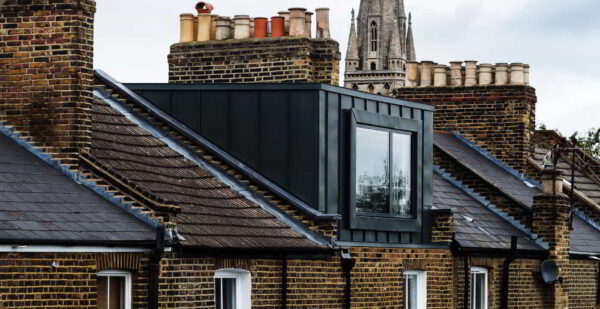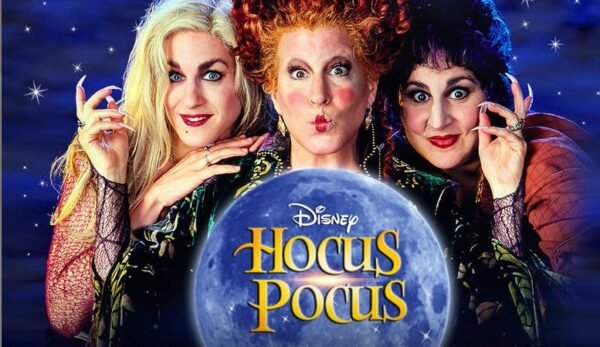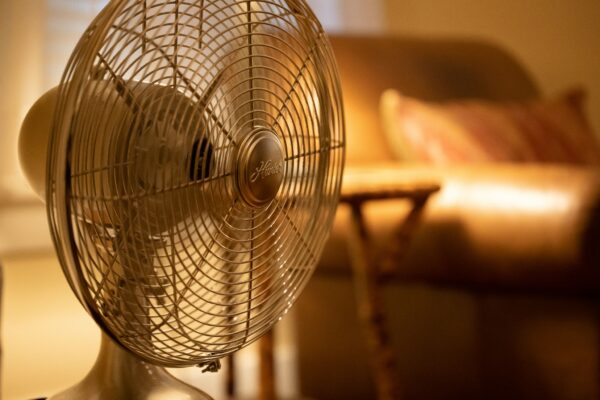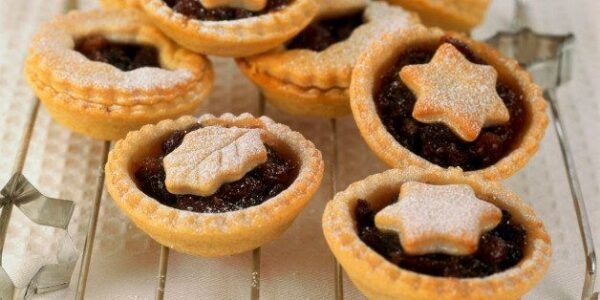
Why You Should Eat Mince Pies for Breakfast, Study Reveals
It might be better to have mince pies for breakfast, with sugar linked to restless sleep.

For most of us, the holidays are filled with food, celebrations, and daytime naps. But according to a recent study, we lose much more sleep around the holidays than at any other time of the year – and our dietary choices could be to blame.
With this in mind, Mattress Online consulted with nutrition specialists to advise on foods that can promote a restful night’s sleep this Christmas, and those to steer clear of.
Read below for advice from Alex Ruani, Chief Science Educator at The Health Sciences Academy, and Anna Mapson, Registered Nutritional Therapist from Goodness Me.
The best festive foods to help you sleep
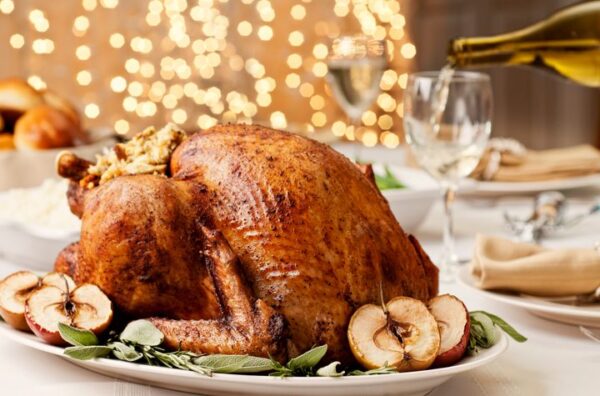
1. Roasted Vegetables
Carbs are plentiful at Christmas, and although they get a bad reputation, they are vital to our diets and can help us sleep better! This is because they increase the availability of tryptophan (an amino acid that produces melatonin) in the brain.
Opting for complex carbs such as roasted vegetables, whole grains or starchy vegetables can avoid spiking your blood sugar and lead to a much more restful night’s sleep.
2. Turkey
B vitamins play a crucial role in brain function and are involved in the production and use of melatonin and other sleep neurotransmitters. Even a slight deficiency in B vitamins can lead to disrupted or lower-quality sleep. Luckily, poultry is a leading source of these vitamins, including turkey! Of course, Christmas time has an abundance of turkey, making that leftover Christmas dinner sandwich an excellent choice for a Boxing Day snack.
For vegans and vegetarians, it’s important to incorporate high-quality protein sources in each meal, including foods like nuts and lentils. So tuck into that nut roast; your future-rested self will thank you.
3. Melatonin from plant foods, like peppers
While the body can produce melatonin, it’s interesting to note that certain foods also possess melatonin and its natural soothing properties. Plant-based foods, in particular, are rich sources of melatonin, including vegetables (particularly peppers), mushrooms, legumes (beans and lentils), and select berries (such as sour cherries). So, consider adding these to your Christmas shopping list to get the best from your holiday rest.
The worst festive foods for your sleep
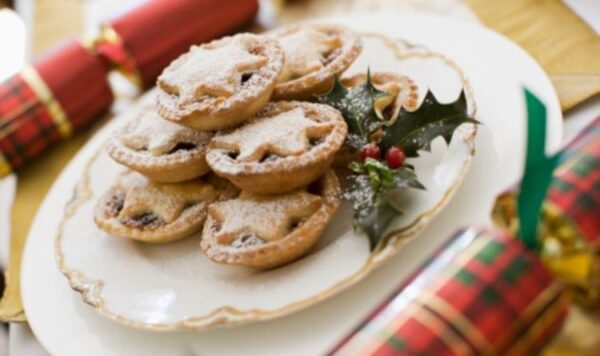
1. Mince Pies
If you’re looking for a restful Christmas break, consider cutting down on those mince pies. Sugar has been linked to disturbed sleep patterns and more restlessness during sleep. Consuming sugary foods like cookies and sweets late at night can disrupt our blood sugar levels, making it difficult to fall asleep. So it might be a good excuse to have those mince pies for lunch or even breakfast.
2. Clementines
Clementines are a staple of Christmas, and they might make for a tasty mulled wine and a wonderful tradition, but citrus fruits such as clementines, oranges and lemons can disturb your sleep. This is because they are likely to produce more acid in your stomach and worsen reflux symptoms during sleep.
3. Alcohol
Alcohol is everywhere at Christmas, and although the nighttime sherry might make us sleepy, it doesn’t allow for a deep restorative sleep. Increased alcohol consumption can also lead to hangover effects like headaches, digestive discomfort, tiredness, and thirst. These effects can significantly affect daily functioning and even disrupt sleep quality the next night.
4. Festive coffees
Gingerbread lattes and peppermint cappuccinos are well-loved at Christmas, but it’s widely known that caffeine is a sleep disruptor and even that midday coffee might interfere with your sleep. Research has shown that consuming 400mg of caffeine six hours before bedtime can postpone sleep by as much as one hour. Besides well-known caffeine sources like coffee, tea, cola, and energy drinks, caffeine can also be present in dark and milk chocolate, cookies, and candies.


















